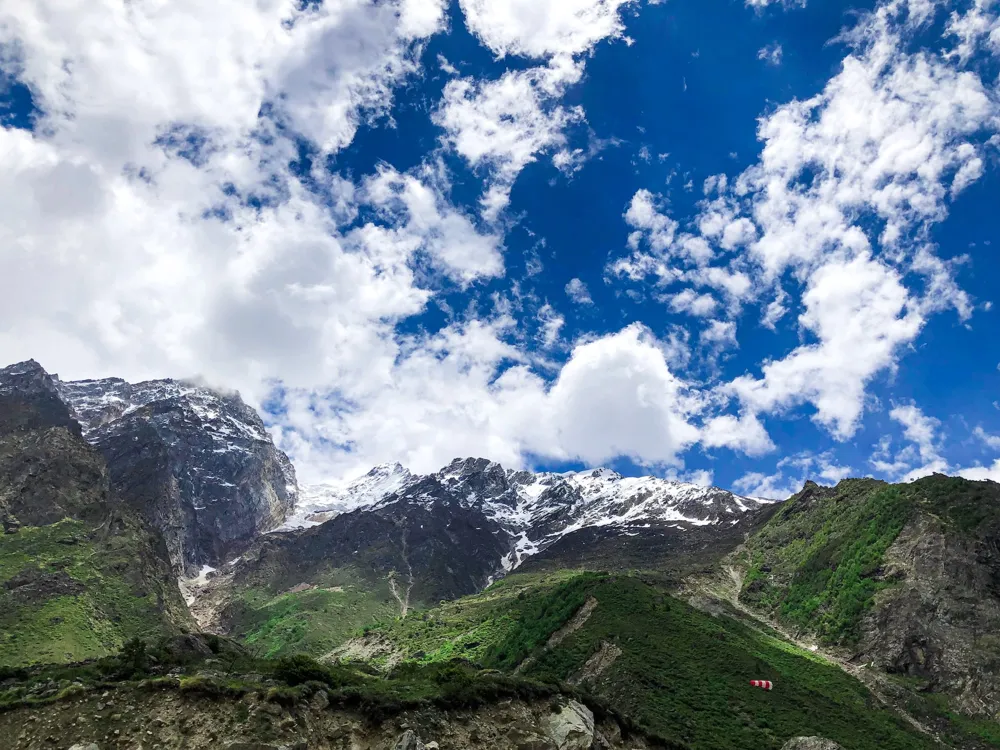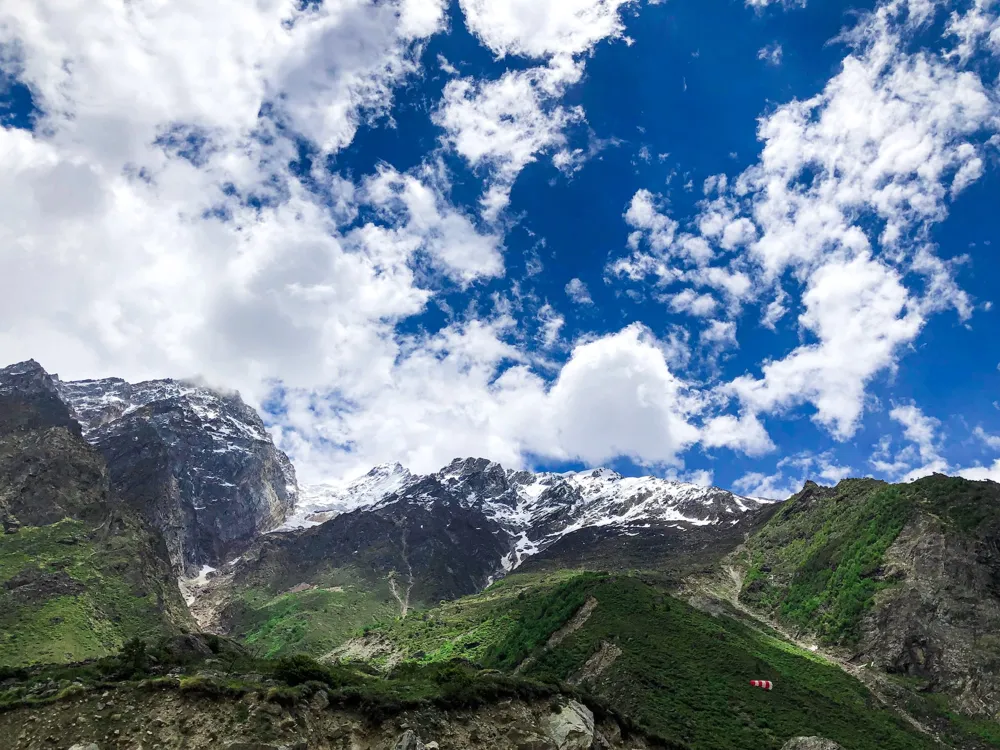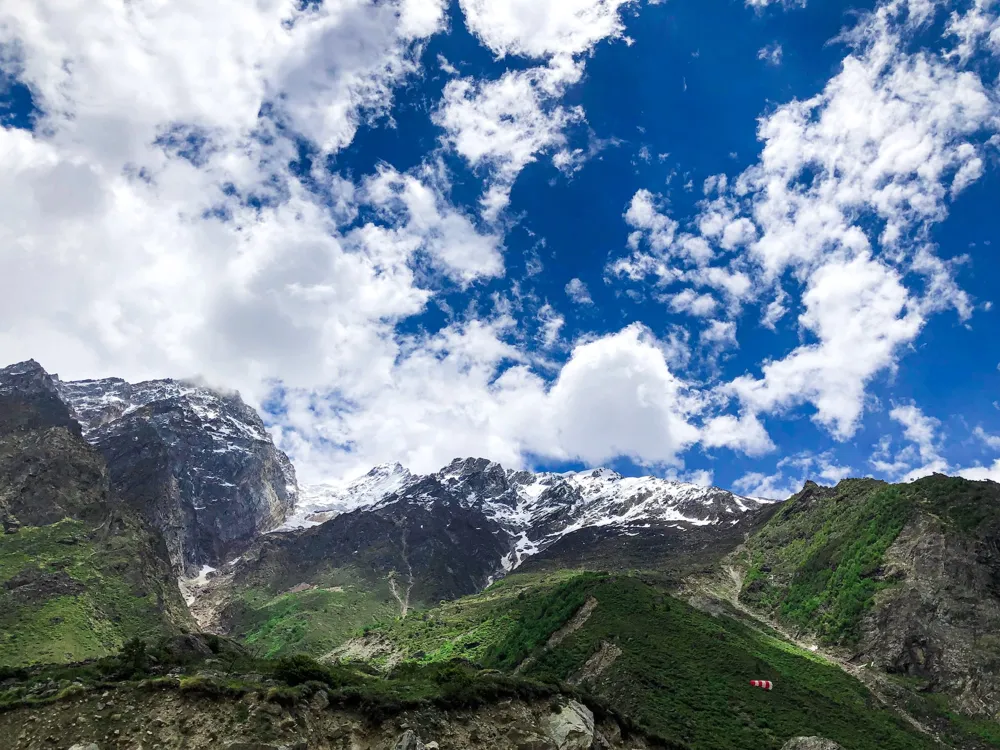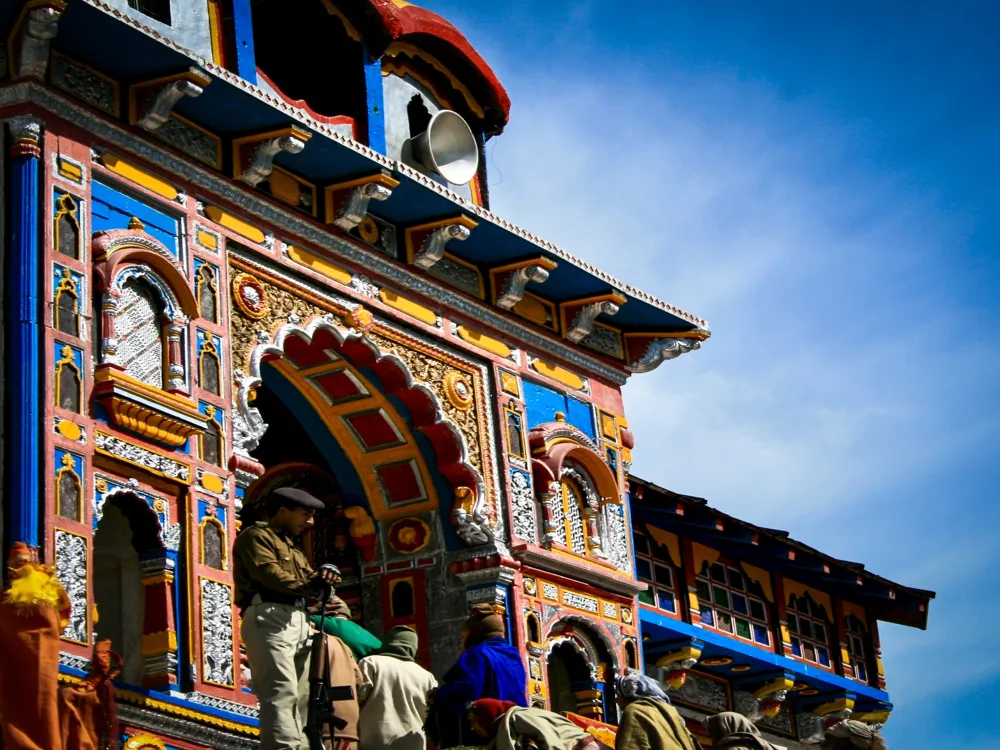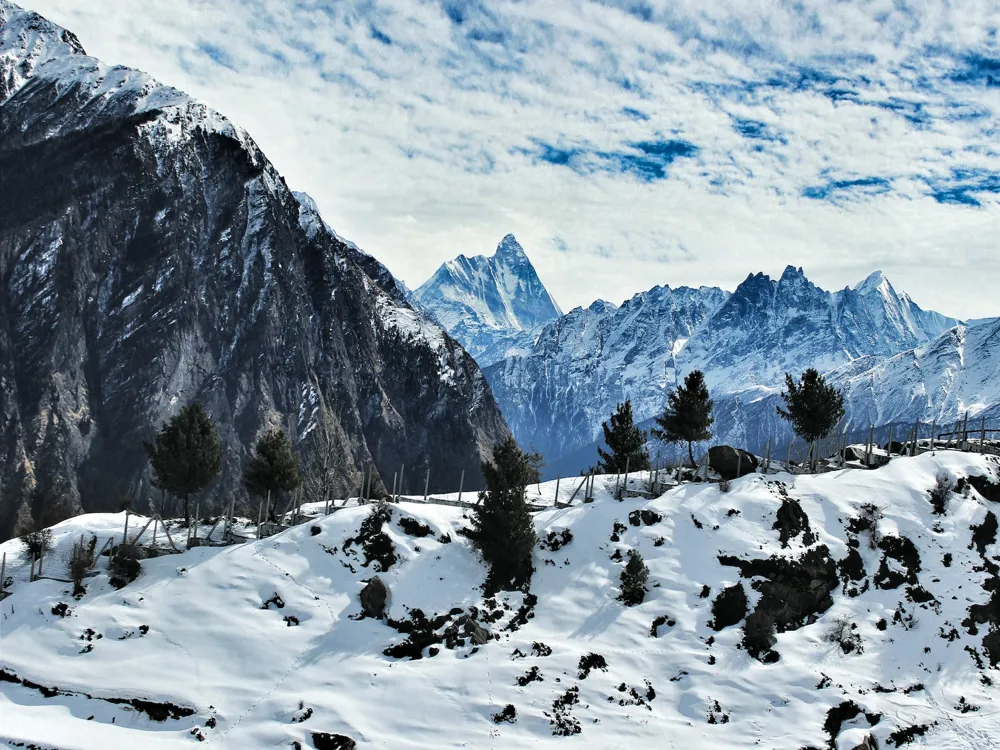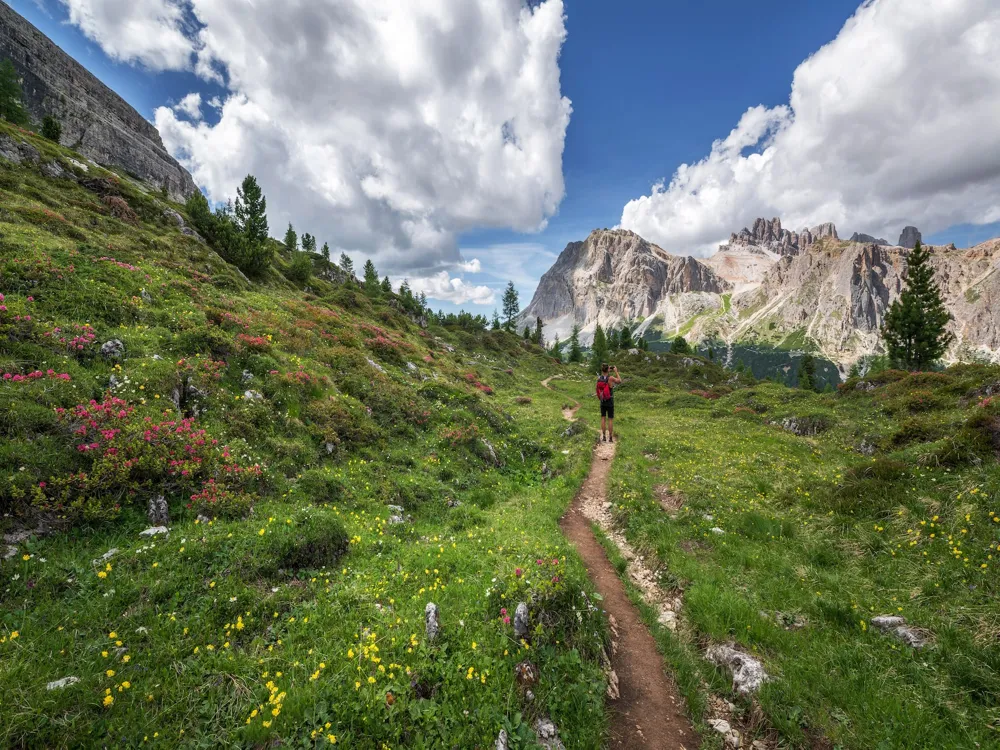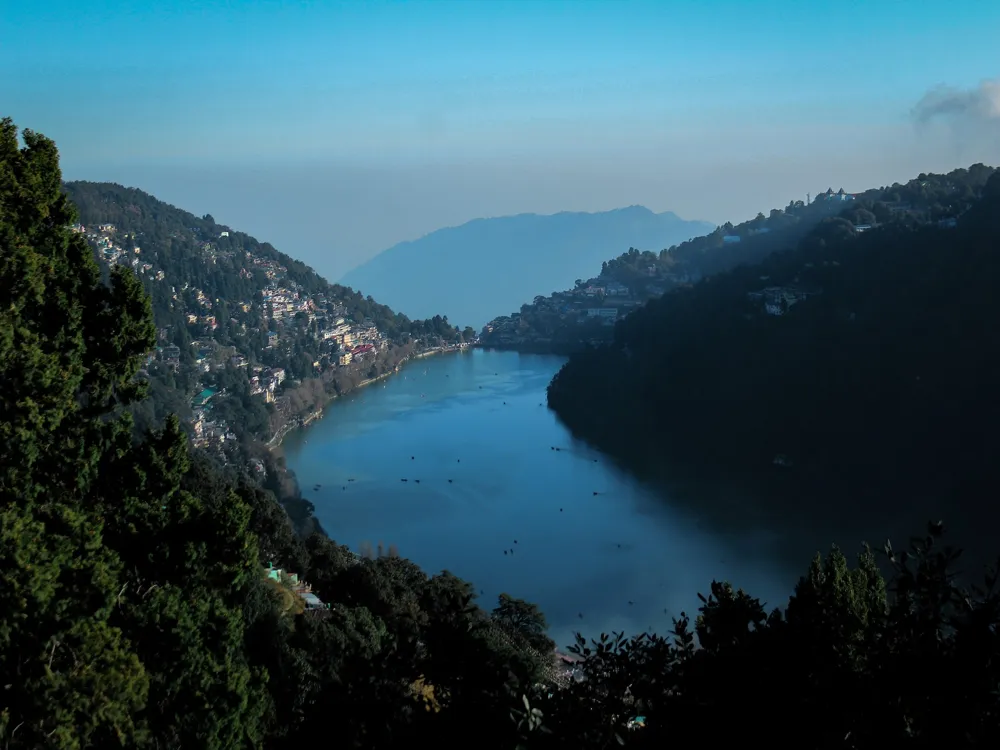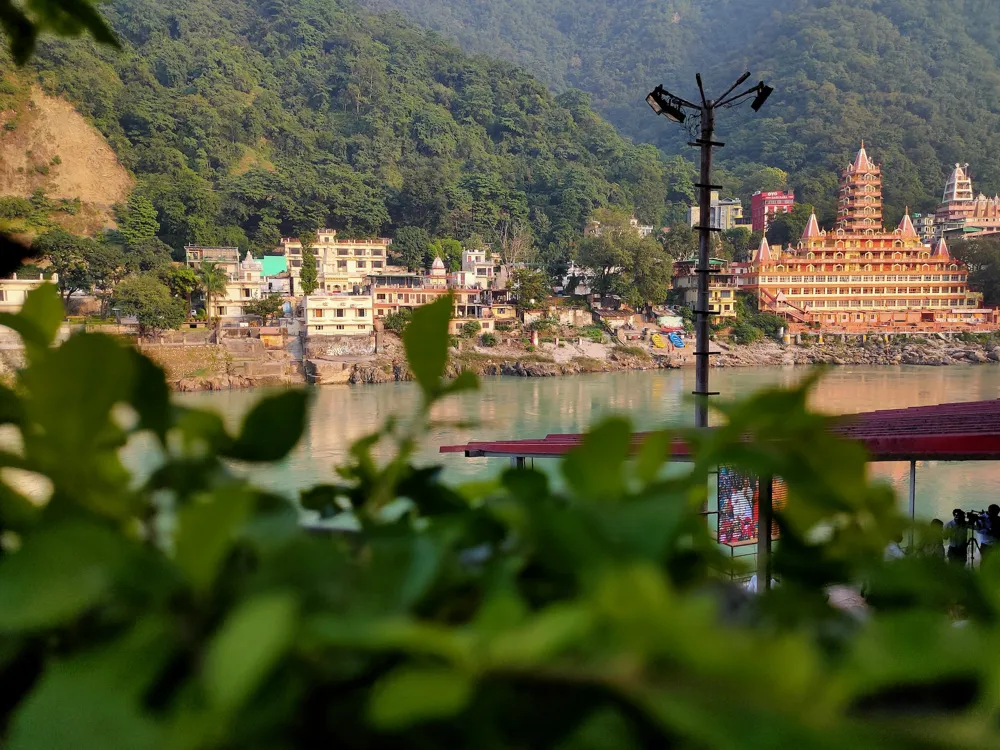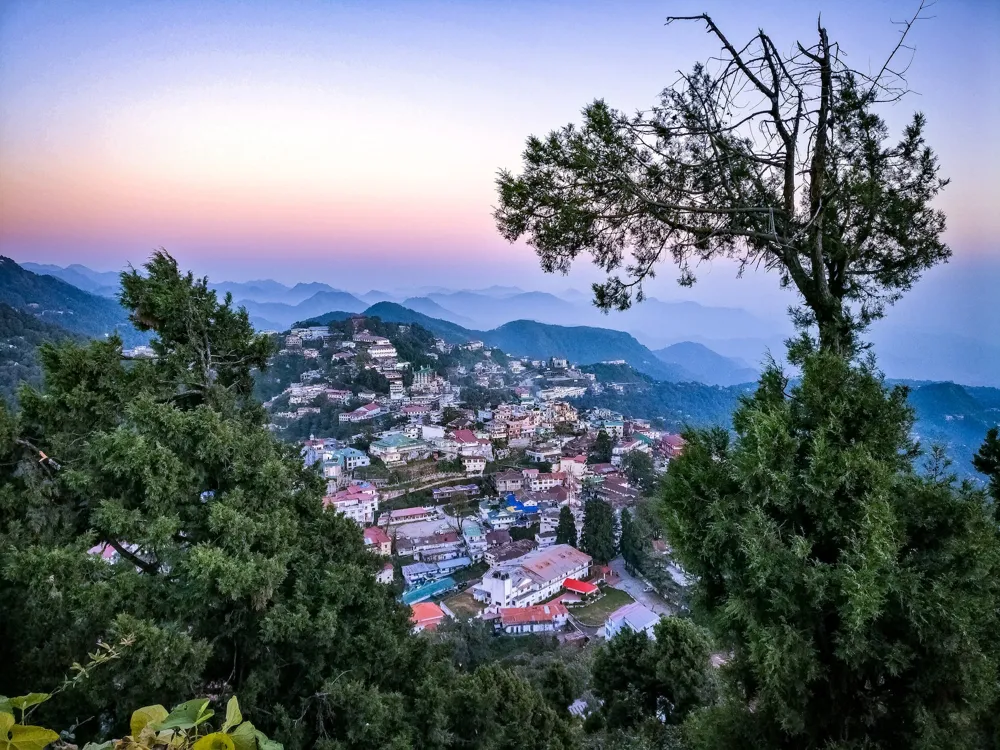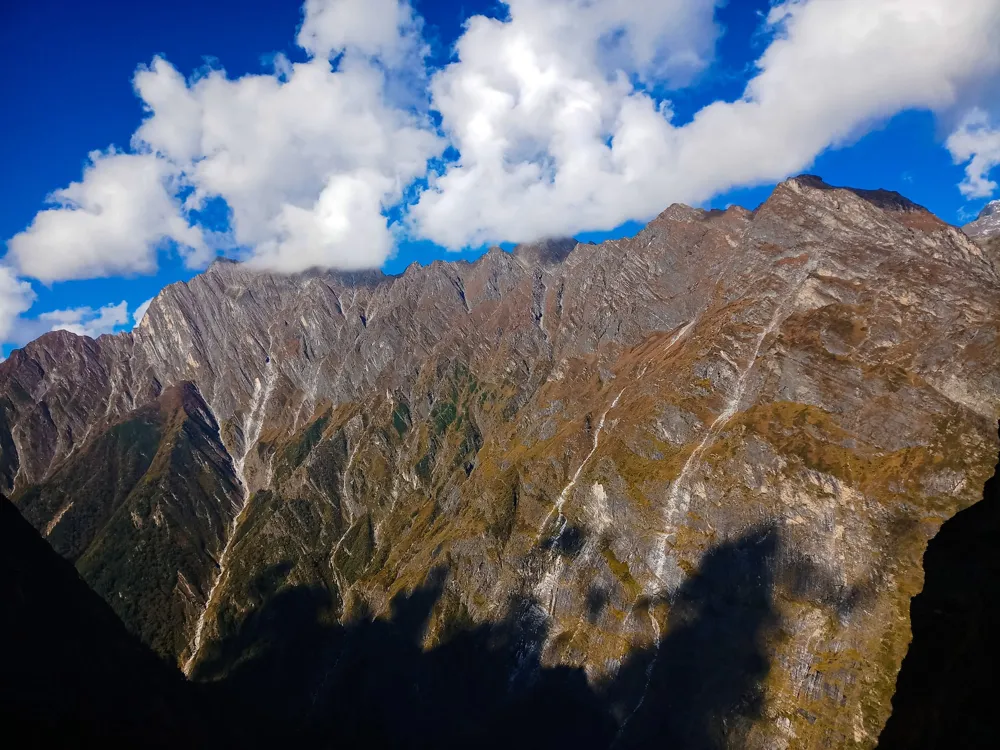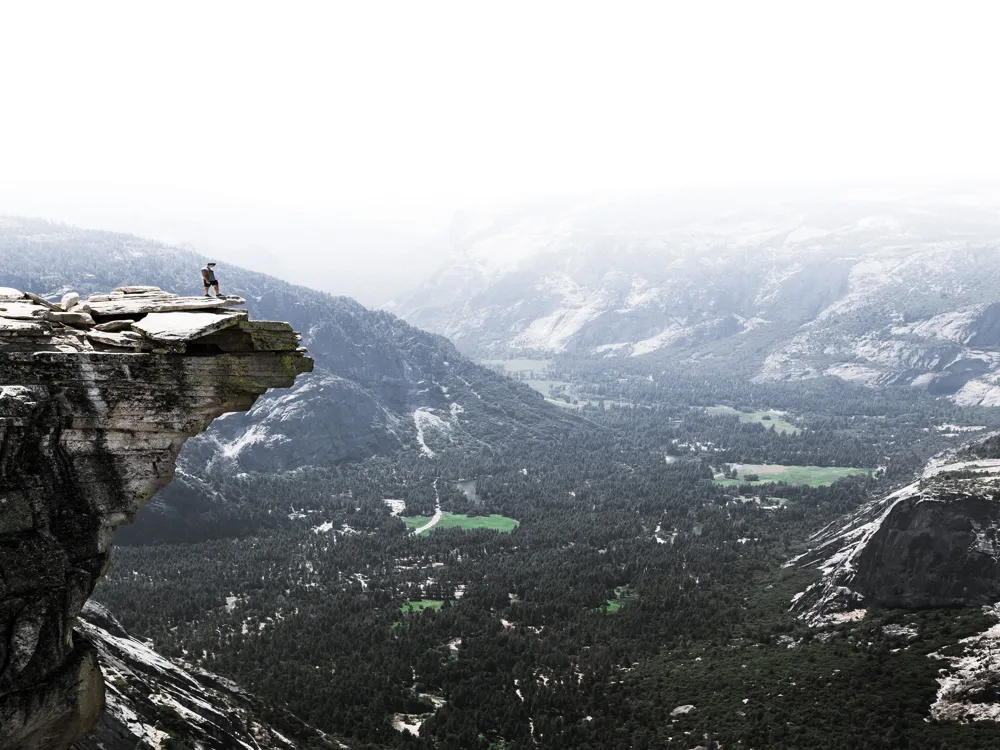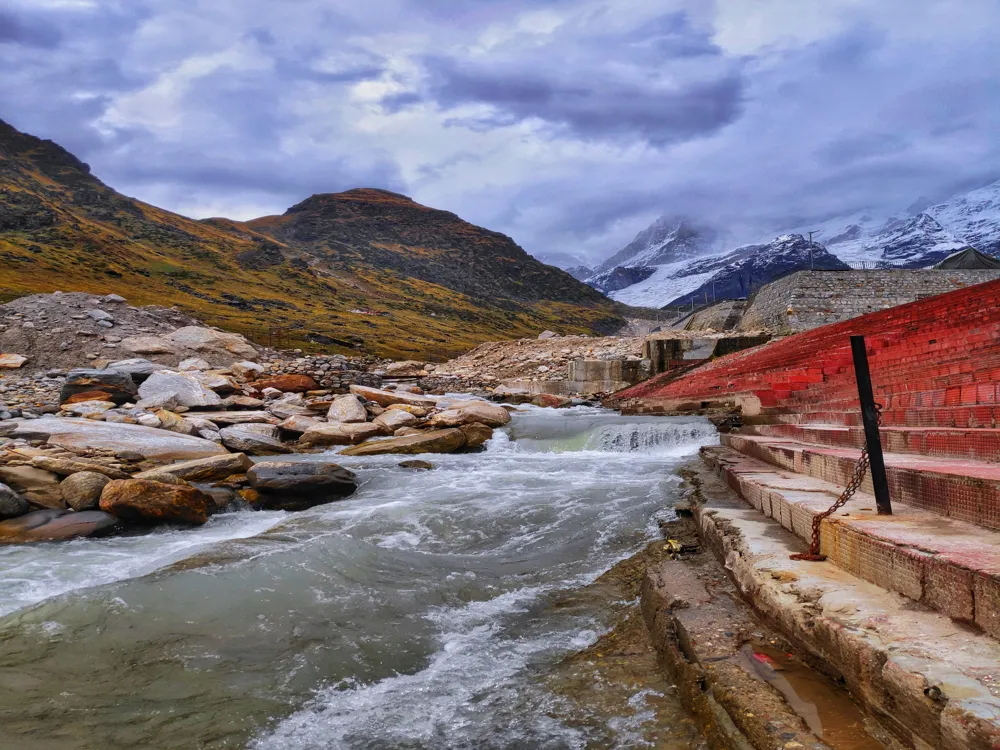Badrinath, a revered town in the Chamoli district of Uttarakhand, India, is not just a religious hub but a confluence of spirituality and natural beauty. Nestled in the Garhwal Himalayas, on the banks of the Alaknanda River, this town holds a special place in Hindu mythology and is a part of the 'Char Dham' pilgrimage. Badrinath is more than just its temple; it's a journey through the heart of Hindu culture, surrounded by majestic snowy peaks and serene landscapes. The history of Badrinath is as mystical as its surroundings. It's believed to be the place where Lord Vishnu, one of the principal deities of Hinduism, meditated under a Badri Tree. Over centuries, it has become a symbol of faith, attracting thousands of devotees every year. However, Badrinath is not only about spirituality. The region is dotted with numerous ancient temples, hot springs, and picturesque spots, making it a blend of devotion and awe-inspiring natural beauty. One of the key aspects of Badrinath is its accessibility. Despite its high altitude location, it is reachable via well-maintained roads and has a range of accommodation options, catering to various preferences and budgets. The local cuisine, dominated by North Indian flavors, offers a delightful experience to visitors. Moreover, the town's rich culture and tradition are reflected in its festivals, rituals, and daily practices, offering a deep insight into the Hindu way of life. In summary, Badrinath represents a unique amalgamation of spiritual and natural elements, offering a tranquil and enlightening experience to all who visit. Whether one seeks spiritual solace or wants to witness the beauty of the Himalayas, Badrinath is a destination that should not be missed. The architecture of Badrinath Temple is a fascinating blend of ancient design and religious significance. The temple, dedicated to Lord Vishnu, is one of the most prominent landmarks of Badrinath and stands as a symbol of the rich architectural heritage of India. Built in the traditional Garhwali style, the temple features a conical-shaped roof and intricately carved wooden façade, which is a characteristic of Himalayan temple architecture. The structure of the temple is divided into three main parts: the Garbhagriha (sanctum sanctorum), the Darshan Mandap (worship hall), and the Sabha Mandap (assembly hall). The Garbhagriha houses the idol of Lord Vishnu, made from black stone and believed to be self-manifested. The walls and pillars of the temple are adorned with beautiful carvings depicting various deities and scenes from Hindu mythology, adding to the spiritual ambiance of the place. One of the unique aspects of Badrinath Temple's architecture is its resilience. Despite being located in a seismic zone and facing harsh weather conditions, the temple has withstood the test of time, thanks to its robust construction and the periodic renovations carried out over the centuries. This resilience is not just physical but also symbolic, representing the enduring nature of faith and spirituality in Indian culture. The architectural beauty of Badrinath Temple is not just in its structures but also in its setting. Surrounded by the majestic Himalayan peaks and the serene Alaknanda River, the temple presents a breathtaking view, creating a perfect harmony between spirituality and nature. It's a testament to the ancient architects' skill and devotion, making Badrinath a must-visit destination for those interested in history, architecture, and spirituality. The ideal time to visit Badrinath is from May to June and September to October. During these months, the weather is pleasant, and the roads are accessible. The temple remains closed during the winter months due to heavy snowfall. Badrinath offers a range of accommodation options, from budget guesthouses to luxury hotels. Advance booking is recommended, especially during the peak pilgrimage season. Respect local customs and religious practices. Dress modestly while visiting the temple and avoid taking photographs inside the temple premises. Due to the high altitude, visitors may experience altitude sickness. It's advisable to acclimatize and stay hydrated. Carry essential medicines and warm clothing. Badrinath is well-connected by road. The nearest airport is Jolly Grant in Dehradun, and the nearest railway station is at Haridwar. From these points, one can hire taxis or take buses to Badrinath. Reaching Badrinath is an adventure in itself, given its location in the rugged terrains of the Himalayas. The journey to Badrinath is usually undertaken by road, as it is the most accessible and feasible mode of transportation to this holy town. The most common route to Badrinath starts from Haridwar or Rishikesh, towns well-connected by train and air to major cities in India. From here, visitors can hire taxis or board buses to Badrinath. The road journey takes you through scenic landscapes, including river confluences, hill stations, and pilgrimage sites, making the travel experience as enriching as the destination itself. For those seeking an air travel option, the nearest airport is Jolly Grant in Dehradun, about 317 km from Badrinath. From the airport, one can hire a taxi or take a bus to reach Badrinath. Although this mode of travel is faster, it misses out on the picturesque road journey, which is an integral part of the Badrinath pilgrimage experience. In summary, reaching Badrinath is a journey that offers both challenges and rewards. It's not just about arriving at a destination, but also about experiencing the beauty and culture of the Himalayan region, making the journey an integral part of the pilgrimage.Overview of Badrinath in Uttarakhand
Architecture of Badrinath Temple
Tips When Visiting Badrinath
Best Time to Visit
Accommodation
Local Customs and Etiquette
Health Precautions
Travel and Connectivity
How To Reach Badrinath
Tapt Kund
Badrinath
Uttarakhand
₹ 11,200 onwards
View badrinath Packages
Badrinath Travel Packages
View All Packages For Badrinath
Top Hotel Collections for Badrinath

Private Pool

Luxury Hotels

5-Star Hotels

Pet Friendly
Top Hotels Near Badrinath
Other Top Ranking Places In Badrinath
View All Places To Visit In badrinath
View badrinath Packages
Badrinath Travel Packages
View All Packages For Badrinath
Top Hotel Collections for Badrinath

Private Pool

Luxury Hotels

5-Star Hotels

Pet Friendly








